Frances Carter
April 8, 2025| Dan Hillier |FEATURES

“It’s kinda heavy metal – like this dude literally beats up the sun” – Alien Weaponry on Maori History, Colonialism and Te Rā
New Zealand metal trio Alien Weaponry are unleashing a new blaze of Maori metal into the world: introducing Te Rā.
When Alien Weaponry burst onto the metal scene in 2018 with their groundbreaking viral single ‘Kai Tangata’, the band members were still in their teens. Since then, the trio (founded by brothers Henry and Lewis de Jong) have released two albums, caused carnage on festival stages around the world, and had a lineup change.
Noizze jumped on a call with bassist Tūranga Morgan-Edmonds to get to the core of their new album Te Rā, what it’s like touring post-lockdown, and raising awareness of Māori history.
‘Covid, for us, and for a lot of people, was like a giant pair of hands pulling you back into the mud and now you’re trying to get out’, Tūranga says. ‘This album now finally feels like we’ve got our foot out of that mud and back on solid ground.’
The record’s title Te Rā is the shortened form of ‘tama-nui-te-rā’, meaning ‘the day’ or ‘the sun’. The inspiration behind the title is one of the most important stories from Māori folklore.
‘On the album artwork is depicted the story of when Maui, our famous Polynesian demigod, gave us the days by slowing down the sun.’ Tūranga explains. ‘So the sun used to shoot out of this pit in the ground and fly around – and you couldn’t get anything done, there was barely any daylight. So Maui took his brothers and they caught the sun in a net and then basically beat the shit out of him until he slowed down. It’s kinda heavy metal – like this dude literally beats up the sun!’
Māori culture has always been at the heart of Alien Weaponry. While brothers Henry and Lewis de Jong were raised on Lamb of God and Rage Against The Machine, they also grew up being taught their family’s indigenous history, which became a key theme in Alien Weaponry’s lyrics. Te Rā has a mix of English and te reo Māori songs, with the trio splitting writing duties depending on the language.
‘Everything in English is written by Lewis, then most of the Māori songs on this album are written by me, and some with Henry.’ says Tūranga. ‘For Lewis it’s a lot of his personal experiences and opinions like mental health, relationships, or his views on social media.’
The album’s lead single ‘Mau Moko’, written in Māori, explains how traditional tattooing practices (moko) were suppressed and almost entirely stamped out by colonialism. The video for the track tells the history of how the preserved heads of Māori people with facial tattoos were even traded by settlers as trophies – and that some indigenous families today are still fighting to have those remains returned home.
Alien Weaponry are not only aiming to raise awareness of historical injustices against Māori people, but also the structural inequality faced by indigenous populations today. For example, the album’s opening track ‘Crown’, which has both English and Māori lyrics:
“’Crown’ is about the disparity in the incarceration rate with minority groups due to colonialism – colonialism pushes you into poverty, which pushes you into crime, then they just blame you because you’re the one committing the crime, but why?’
Despite only 15% of New Zealanders being Māori, they make up more than half of the country’s prison population.
“The reason for this [mix of English and Māori lyrics] is that this is not unique to Māori – minority groups all over the world are disproportionately represented in the carceral system. A song like that, yes it is about Māori, but it’s also widely applicable, so to make sure the message is absolutely clear, we go half and half.”
With their Māori culture and history at the very core of Alien Weaponry, Tūranga feels that they’re able to be more flexible with their musical style.
‘We’ve never really been a fan of sticking to the whole sub-genre thing – some songs are thrashy, some songs are groovy, some are more progressive, because for us we just like to make music that we think sounds cool. And fortunately, we can experiment a lot with the instrumental side of it, because as soon as you put the Māori lyrics over it, everyone goes “that’s Alien Weaponry!”.
The band were challenged to push themselves on Te Rā by Grammy Award-winning producer Josh Wilbur, who’s previously worked with Megadeth, Korn and more.
“We felt a long of the songs on the last album were a little too long and kind of dragged on a little, so we needed to bring it back a bit. But if we’d cut a song down from 7 minutes to 4 minutes, [Josh Wilbur] was taking it down from 4 to 3 and a half, he was refining it even more.”
And Wilbur isn’t the only metal legend who had a hand in Te Rā – the album also features Lamb of God frontman Randy Blythe on the single ‘Taniwha’.
Fans’ response to the record so far, including the track with Blythe, has been strong, to say the least. 2025 looks set to be a huge year for Alien Weaponry, who have already completed tours across North America and Aotearoa New Zealand.
‘We toured maybe 6 weeks a year for the last four years, now it’s March and we’ve already done 8 weeks touring! It’s looking like we might get a real opportunity to share this new music with people and reintroduce our band if they’ve forgotten about us, because some people have – we’ve been seeing that.’
‘We want to remind everyone that we’re still here, and we’re still planning to be here for the next however many years into the future.’



